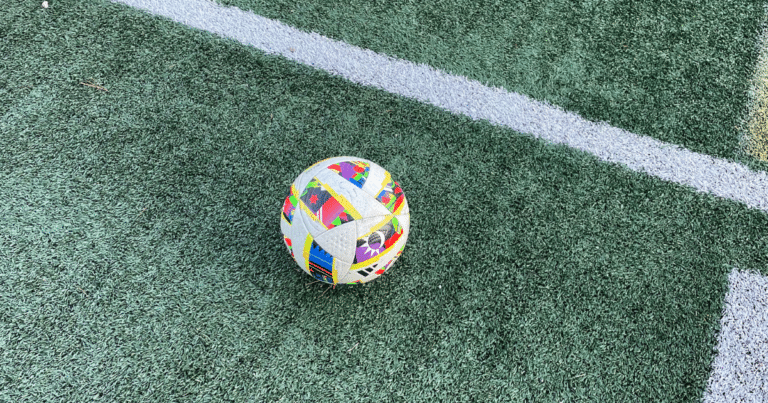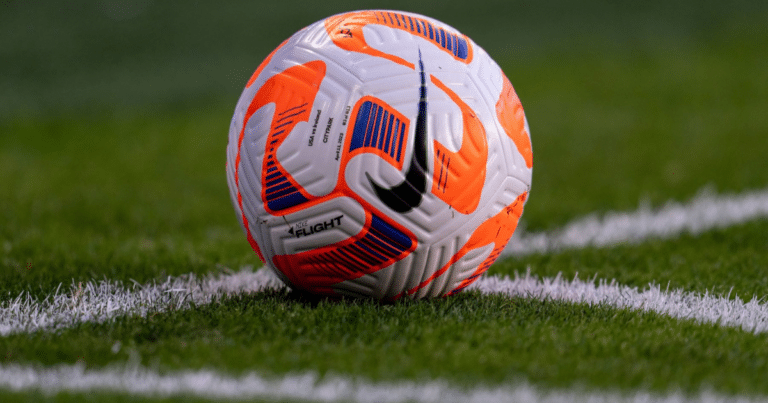Is Soccer A Spring Sport?

Is soccer a spring sport? Yes and no. For the majority of the U.S., soccer is played in the fall and spring but fall is the primary season.
Key Takeaways From This Article:
- Soccer is primarily a fall sport but many leagues will offer a spring season as well.
- Town rec soccer is typically just a fall sport but many areas offer travel in the spring months.
- The spring season is a great way to finish off the year with your team and gauge yourself for the upcoming season.
For many youth soccer clubs in the U.S., training continues year-round with sometimes a month’s break in the winter and summer. Otherwise, most elite-level players are training twelve months of the year and playing games in the fall and spring.

Let’s break it down some more and figure out what’s best for kids!
Soccer as a Spring Sport
You can technically play soccer all year, and most players do, but the spring soccer season can be tricky for some parts of the country where cold weather and snow play a part.
Where we live in the northeast, March and early-April can be cold. We are talking 20 degrees with sometimes a gust of wind and flurries. On some days, it can be unbearable to even be outside for longer than ten minutes. I’m jealous of you, Florida and Southern Cali!
To put it into context, here’s an example of a game U14 son (#10) played versus Rochester NYFC. It was a brisk 21 degrees with snow flurries coming down onto the field. The players were cold and sliding everywhere on the field.
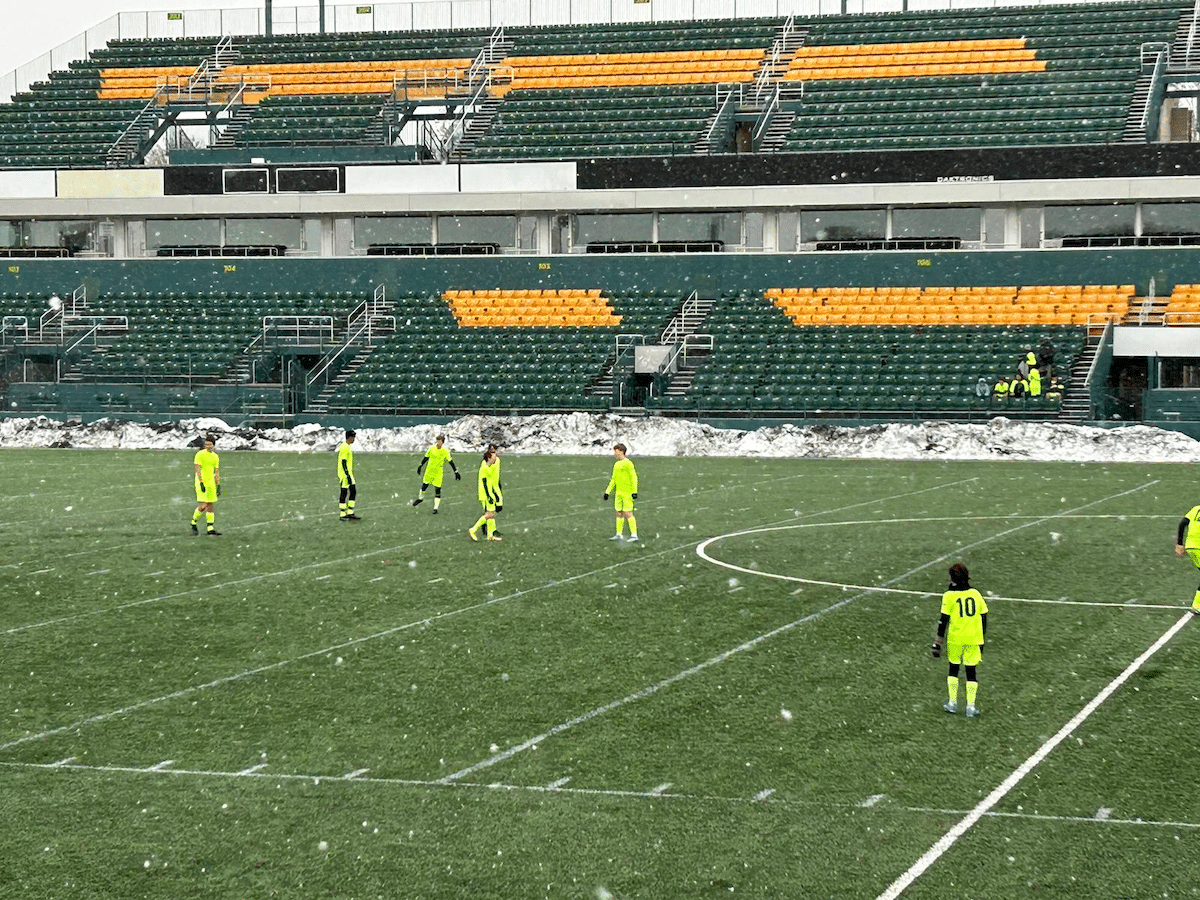
These playing conditions compared to the fall season where it could be 75 degrees and sunny can play a factor for all players.
With this said, kids are getting additional games in after the winter months where there could be a slight break in competition and training so I think having a spring season is beneficial.
I know my son looks forward to spring soccer season every year. In the winter, he’s usually playing basketball and continuing to train for soccer but it’s all indoors. There’s nothing like moving outdoors to play the game he absolutely loves.
When is the Youth Soccer Season?
For youth town and travel leagues in the U.S., the season typically starts in late August and ends in November.
For club soccer, training usually starts early August and ends in late June. The fall season will run from September to November.
Winter months are usually geared towards training.
And, in the spring, the games will pick back up from March to June.
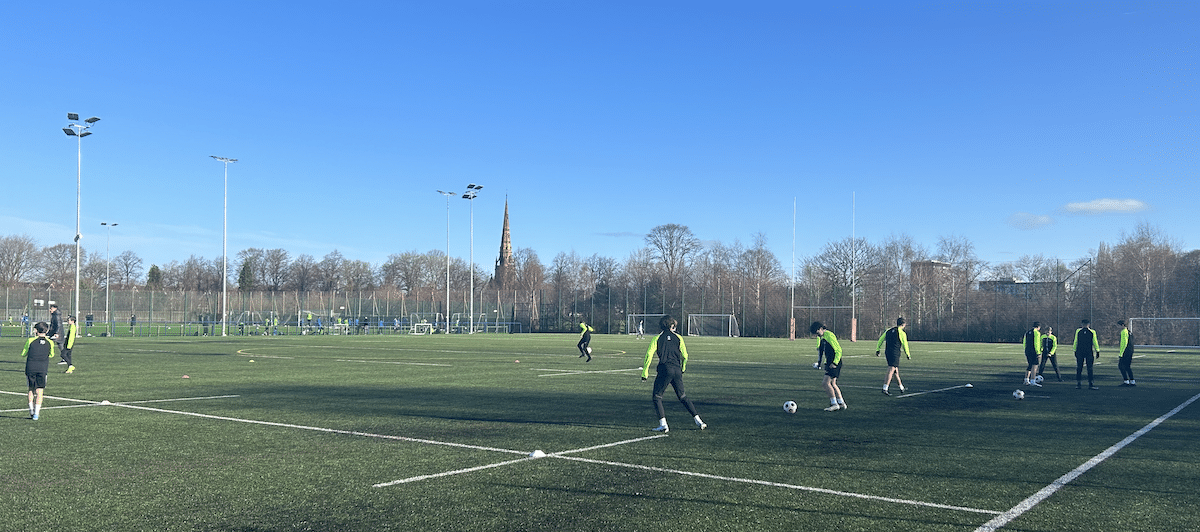
Summer is typically dedicated to tournaments, camps, and individual training.
The timeframe mentioned above is dictated by the individual league the team is in but it provides a general idea of when a youth season soccer occurs.
For younger players (U13 and below) who play soccer year-round, it is highly advised to continue to play other sports or mix in things like futsal to break up the soccer season. It can be a long year and doing other things can help break up the monotony and avoid potential burnout.
When Does the MLS Season Start?
The Major League Soccer (MLS) season starts in late February and ends in December.
However, from February to October, the teams would typically play in two conferences, and then from October onward, the playoffs lead to the championship.
Specifically, there are two stages to the MLS season:
- League play – This is when all the teams compete against each other and are put in a table based on their overall points. The current regular season consists of each team playing 34 matches. The team with the best record will receive an award called the ‘Supporters Shield’. The 9 teams from each conference with the best overall records will then meet up in the MLS playoffs.
- Playoff stage – The teams are split into two conferences, the Eastern and Western Conferences. From mid-October onward, the qualifiers will be competing in an elimination tournament, with the last team standing winning the MLS Cup. The Finals are usually played in December, and it is the last match of the season.
When is Soccer Season in Europe?
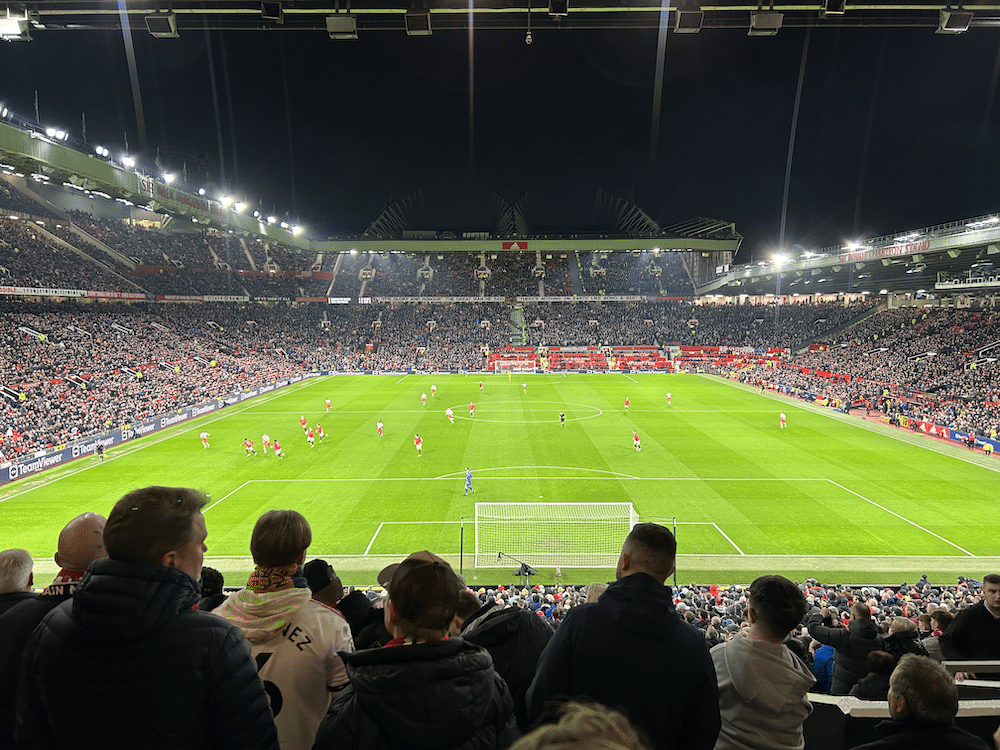
Soccer leagues in European countries typically start in August or September and last up until May the following year.
- The Premier League’s (England) season typically starts in mid-August and ends in mid-May, with a break for the Christmas and New Year period.
- The La Liga’s (Spain) season typically starts in mid-August and ends in mid-May, with a winter break in December and January.
- The Serie A’s (Italy) season typically starts in late August and ends in late May or early June, with a winter break in January and February.
- The Bundesliga’s (Germany) season typically starts in mid-August and ends in late May, with a winter break in December and January.
- The Ligue 1’s (France) season typically starts in early August and ends in late May, with a winter break in December and January.
Because of the time change in other parts of the country, it provides soccer fans from the U.S. an opportunity to watch professional matches ‘off-hours’ such as 7 am EST.
Soccer is Not Just a Spring Sport
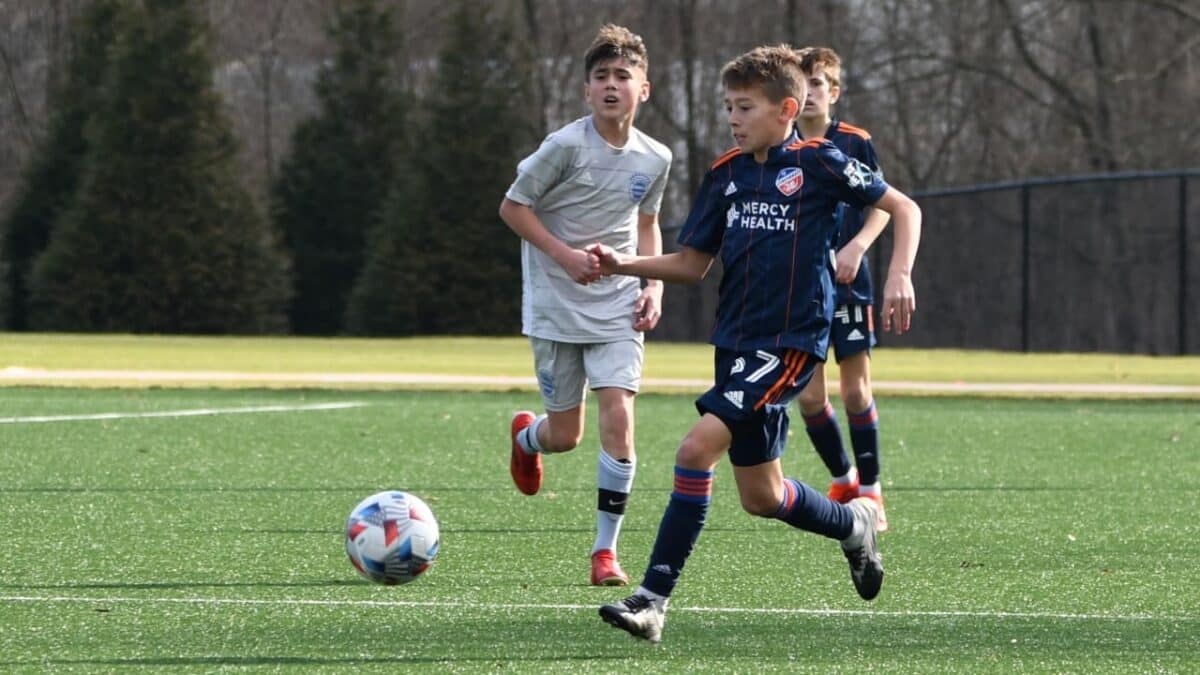
To sum it all up, soccer is not just a spring sport. It technically can be considered a fall sport but many teams and clubs will play almost all year.
As U.S. soccer catches up to other countries, I’m of the opinion that playing soccer year-round is a good thing but it’s also player-dependent.
Personally, my 13-year-old son has played club soccer since he was 6 but he’s never been close to burning out as far as I know. Growing up, he also played flag football, basketball, mountain biking, surfing, skiing, and spending time with his friends. I think all of this is important in his growth to become a better soccer player.
Although not technically a spring sport, I do think it’s beneficial to play spring soccer so let’s enjoy being back outdoors!

Written By: SoccerNovo
SoccerNovo is an independent youth soccer media brand built to help parents, players, and coaches better understand the game and the pathways available in U.S. soccer. Our mission is to make youth soccer simpler, clearer, and more accessible for everyone involved in it.
Let’s connect


